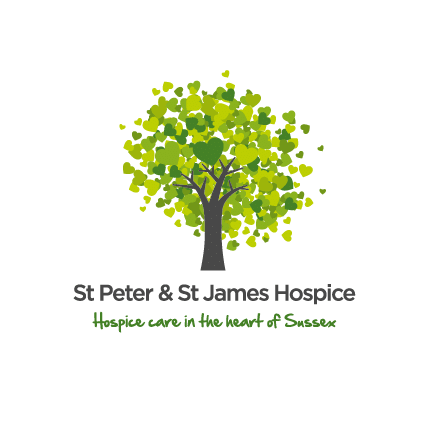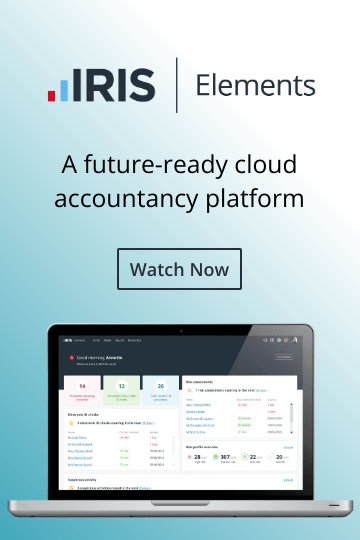CASE STUDIES
Self Help Africa
Background
Self Help Africa was formed in 2008, following the merger of two agencies each with a 25 year track record in African development. Self Help Africa has offices in 6 African countries and run between 40 and 50 live projects at any time across Africa (Burkina Faso, Ethiopia, Ghana, Kenya, Malawi, Togo, Uganda and Zambia). These projects are funded by a range of institutional donor grants, trusts and foundations and the general public in areas as diverse as food security, sustainable rural livelihoods, market orientation, public/private partnership, research, learning and advocacy.
There are currently 80 million smallholder farmers in Africa living on less than $2 a day with a third of the people in the Sub-Sahara chronically hungry. Self Help Africa seeks to support these rural African communities to grow more and earn more from their farms. The focus of the organisation’s work is on strengthening existing structures such as farmer cooperatives and associations, improving access to markets, knowledge and farm support services, training development, and enhancing the success that rural people have to credit.
The Issues
Alison Cowan is the UK based Finance Manager. She shares responsibility for providing support to the six heads of finance in Africa as well as for UK accounting. She explains the challenge: “There were various systems in the different offices – Sage, Pastel, QuickBooks – and some were even using Excel. This created confusion and a lot of manual work in order to gain an accurate worldwide picture. We recognised that we needed a common system so that we had unified and standardised information. We needed everyone to know what they were doing, whilst using the same terminology as each other. All of the reports also needed the same look and feel so that we could compare like-for-like across countries.”
Initially, Self Help Africa sought to adopt a low cost system. However, when they attempted to implement the system in Zambia, it was found that it could not accommodate their requirements (for example, the large number of digits, due to inflation, in most African currencies). Self Help Africa realised that it needed a global system and produced a list of requirements. Multicurrency capability was obviously high on its priorities as well as the ability to accommodate fund accounting. This would allow them to track grants and restricted funds given for specific projects to ensure that they had been used for the purpose intended.
“As producing bespoke reports for donors is so important, we needed software that was highly flexible, allowing both our internal processes as well as the more demanding requirements of our donors to be accommodated. We receive funds from various sources in Ireland and the UK (including Lottery funding), Norway, Australia, indirectly from the USA and, significantly, from the EU – which has complex reporting requirements.” “Every accounting system can produce basic income and expenditure reports but we needed to be able to produce reports in donor formats, such as for the EU – previously this had required exporting data into a spreadsheet and a lot of manual effort. If funds had been spent in more than one country, we would have to develop one-off mechanisms to consolidate reports manually.”
Flexible nominal ledgers were critical to allow each country office to adapt the system to their local requirements, whilst still allowing worldwide consolidation. Another essential was the ability to report on income and expenditure categories in different ways, in order to comply with the statutory requirements of the Charities Act.
The Solution
“The primary attraction with IRIS Financials was its flexibility. We had free range to set up the nominal ledgers in whatever way we wanted. We also liked the way that all of our country offices can access information in real-time using terminal services to dial into a central database in the UK. We were able to tick the box on the reporting requirements and it obviously supported the use of different currencies.” “We also liked the way we could customise the system to suit our needs, making it as user-friendly as possible. We were able to set up and define our own data input forms which minimised the possibility of user input errors so that, for example, a purchase invoice would automatically be posted to the creditors' account.”
Self Help Africa uses Salesforce to manage project information, HR and to track income and relationships with its donors. Its in-house IT expert has developed a facility to integrate the information from IRIS Financials with practically “just one click.”
The Transition
Whilst typically organisations work to an implementation timetable of four to six months, Self Help Africa wanted – and received – a tight schedule for the system installation so that it could go live in the UK at the end of April 2011 and roll out to the African offices immediately afterwards.
“The IRIS Financials staff were also very good. After the initial meetings, we fired lots of questions at our initial contact and ran through a lot of information. Once we’d agreed to go ahead, we were handed over to an implementation consultant who was exceptional. He spent time in our office and was always available to answer our questions and provide help.”
Having project managed the UK implementation, Alison felt sufficiently confident with the system to undertake the implementation in the African offices herself. Using a terminal server meant there was no software to install and all the reports were already set up to meet each country’s requirements. Equipped with user guides, instructions and telephone support from IRIS Financials, she had to spend just 10 to 14 days in each of the African offices to roll out the system globally. This included time to provide the relevant training and troubleshooting to support the internal audit function which is an integral part of the charity’s governance.
Although there were some initial concerns regarding the connectivity and internet infrastructure in some African nations, there has been minimal operational downtime since implementation and the service has been much more stable than expected.
The Benefits
– The charity now has uniform reports across all territories without having sacrificed the need to accommodate
local requirements. This supports a greater level of transparency than was previously possible.
– The new accounting system was implemented in an incredibly quick time frame – enabling the trustees and
management early access to accurate, real time and global information to support more confident decision
making.
– Self Help Africa was able to save significantly by implementing the system and training its people throughout
the six African reporting hubs itself.
– In contrast to the manual effort involved to produce institutional donor expenditure reports in the previous
system, Self Help Africa can now produce these with simply a few clicks of the mouse – so significant
operational costs have been saved.
– The time saved in dealing with operational matters and preparing financial reports in different formats means
that the heads of finance in each country are now able to spend more time on strategic issues – undertaking
critical analyses and identifying ways to improve the effective use of the charity’s resources to provide help to
the African communities it exists to serve.
If you’d like to see how IRIS Financials can help your charity or not-for-profit organisation, contact us today.




